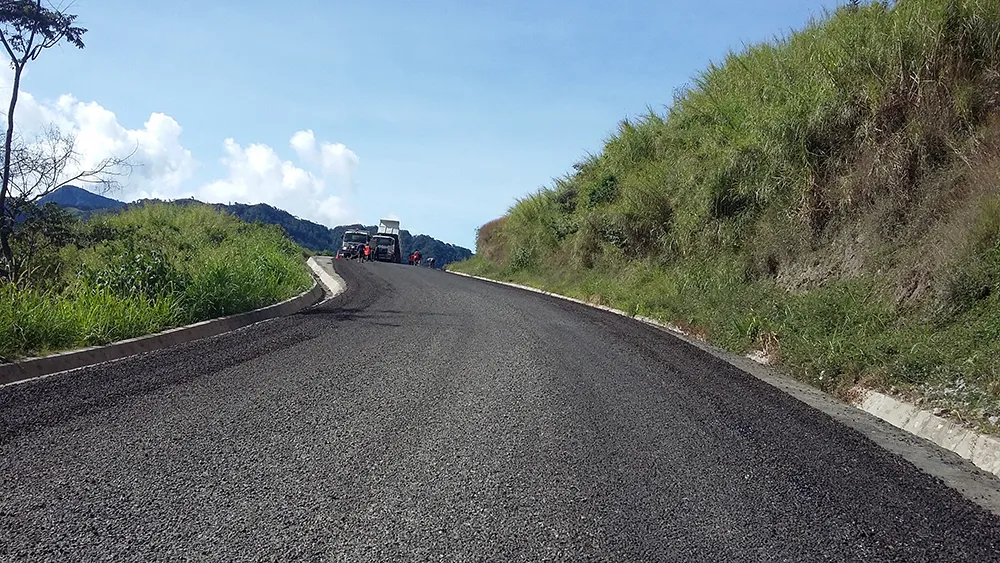Since the EBRD’s previous strategy came into force, global policymakers have made headway with climate action targets arising from the 2015 Paris Agreement. These are intended to keep greenhouse gas emissions low enough to achieve temperature rises of no more than 2°C and if possible a more ambitious 1.5°C. The new strategy both takes into account global policy developments and formalises the EBRD’s interest in emerging technical trends from alternative fuels to automation and digital solutions.
The Transport Sector Strategy covers the Bank’s operations in the transport sector across all transport modes, with the aim of supporting the development of sustainable and well-connected transport systems responsive to the needs of people, industry and trade.
The strategy sees transport demand as strongly linked to GDP and population growth and the demand for individual mobility and trade in the EBRD’s region will continue to expand. However, the ability of economies across the region to satisfy this demand in a sustainable manner is constrained. There are numerous factors including a widening investment gap, weak governance, inefficiency, poor connectivity, low inter-modality, inadequately maintained assets, limited private sector participation and low take-up of new technology and innovative solutions.
The EBRD recognises that transportation needs to be greener and more resilient to the impacts of climate change, to ensure that the economies follow a sustainable path and are not locked into inefficient, vulnerable and carbon intensive transport infrastructure. Transport systems of the future will need to be environmentally and socially sustainable, and provide increased capacity to all in a safe, affordable, inclusive and accessible way.
Closing the infrastructure gap is both a challenge and an opportunity to achieve these targets. The role of the private sector is key to achieving this.
The EBRD acknowledges that the sustainability of the transport sector can be enhanced by increased private sector participation, including public-private partnerships and through the mobilisation of diversified sources of finance and blended structures. This will help to reduce the region’s infrastructure gap, while delivering efficiency and innovation. The strategy emphasises the importance of the EBRD’s role in encouraging greater involvement of the private sector in the transport sector through policy dialogue, sector reform and capacity building within the public sector.
Sustainable transport systems need to address the challenge of embodying market principles while balancing economic, environmental and social needs, according to the EBRD.
The Transport Sector Strategy should contribute towards multiple UN sustainable development goals including those relating to economic growth, the environment, climate change, gender, and equality. Given the different challenges faced by the EBRD’s countries of operations, the operational responses will vary by region.
European transport funding until 2024
The European Bank for Reconstruction and Development (EBRD) is setting out its new transport development plan for the coming five years. The EBRD has approved a new Transport Sector Strategy for the 2019-2024 period, intended to refine the previous strategy. The aim is to work in a more focussed way on the emerging green economy and climate targets in a sector that, while slow to change, is a catalyst for economic and inclusive growth.
Since the EBRD’s previous strategy came into force, global policymak
November 8, 2019
Read time: 3 mins
The 1166 European Bank for Reconstruction and Development (EBRD) is setting out its new transport development plan for the coming five years. The EBRD has approved a new Transport Sector Strategy for the 2019-2024 period, intended to refine the previous strategy. The aim is to work in a more focussed way on the emerging green economy and climate targets in a sector that, while slow to change, is a catalyst for economic and inclusive growth.







